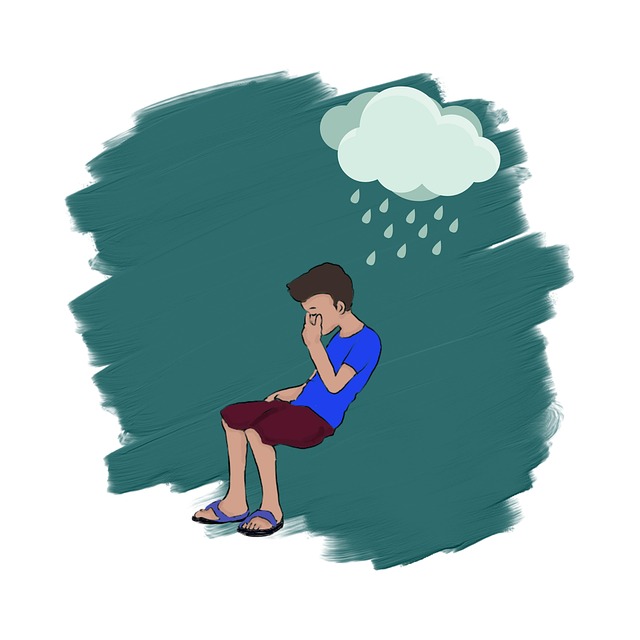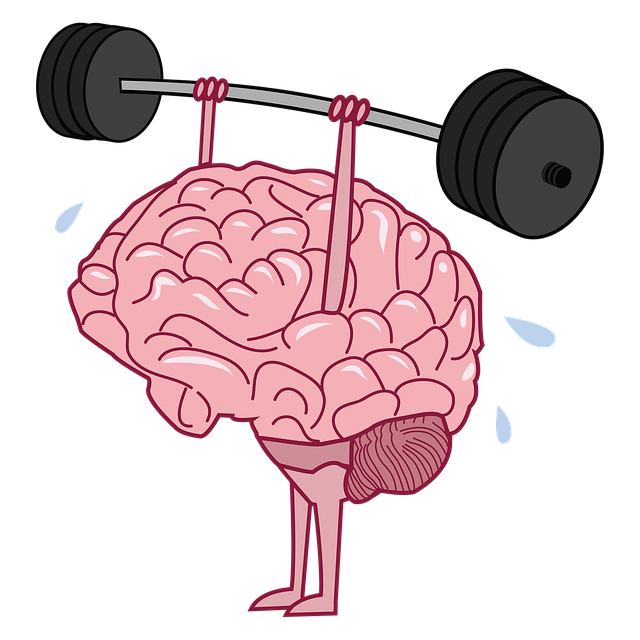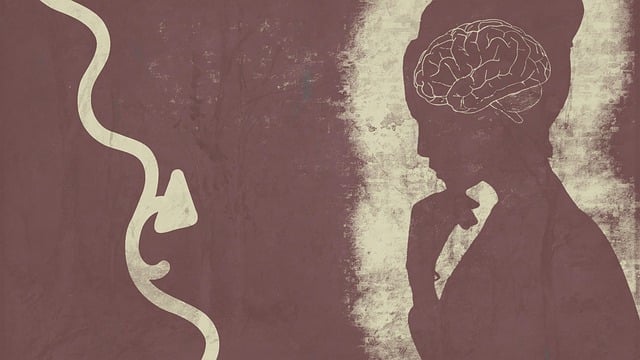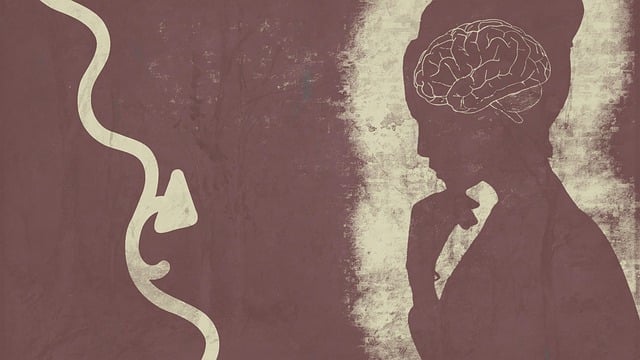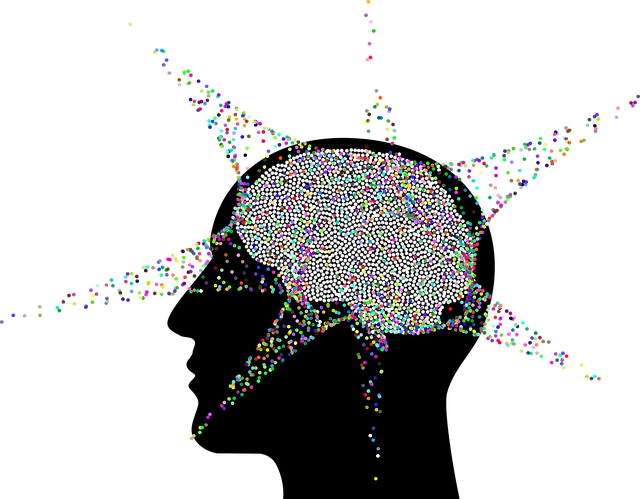Loss, grief, and bereavement significantly impact young adults' mental health during life transitions, making therapy essential. Independent Medical Evaluations (IMEs) serve as gateways to mental health resources, assessing cultural competency, lifestyle, and past experiences to guide tailored interventions like specialized therapists, counseling programs, and Mental Wellness Coaching. Effective therapy for young adults includes active listening, creative strategies, mindfulness exercises, and positive affirmations, fostering a nurturing environment for emotional processing and resilience-building.
Loss, grief, and bereavement are universal experiences that can profoundly impact individuals of all ages. For young adults, these processes can be particularly challenging due to life’s inherent uncertainty and ongoing identity formation. This comprehensive overview explores the complex interplay of loss, grief, and bereavement, delving into the crucial role therapy plays in helping young adults navigate these difficulties. We also discuss independent medical evaluations as a means to access mental health support and highlight effective strategies for creating a supportive counseling environment.
- Understanding Loss, Grief, and Bereavement: A Comprehensive Overview
- The Role of Therapy for Young Adults in Navigating Difficulties
- Independent Medical Evaluations: Unlocking Access to Mental Health Support
- Effective Strategies for Providing Counseling in a Supportive Environment
Understanding Loss, Grief, and Bereavement: A Comprehensive Overview

Loss, grief, and bereavement are complex emotional processes that can significantly impact an individual’s mental health, particularly for young adults navigating life transitions. Understanding these concepts is crucial in providing effective support and therapy. Loss refers to the absence or decline of something valued, such as a loved one, relationship, or even a dream. Grief is the emotional response to loss, characterized by feelings like deep sorrow, anger, guilt, and confusion. Bereavement, on the other hand, is the period during which individuals adjust to their new reality after experiencing a significant loss.
Therapy for young adults dealing with these issues can take various forms. Independent Medical Evaluations (IMEs) play a vital role in assessing mental health status and designing appropriate treatment plans. Mental Health Policy Analysis and Advocacy promote accessible and effective support systems, while Mental Health Education Programs Design equip individuals with coping strategies. Mindfulness Meditation has also gained recognition as a valuable tool to enhance emotional resilience and overall well-being during times of loss and grief.
The Role of Therapy for Young Adults in Navigating Difficulties

For many young adults grappling with loss, grief, and bereavement, therapy plays a pivotal role in navigating these difficult emotions. This is particularly true for those who may be experiencing their first significant loss or struggle to cope independently due to limited life experience. Therapy offers a safe space where individuals can process their feelings, gain valuable coping skills, and develop resilience. Through specialized counseling, young adults can learn healthy ways to express grief, understand their emotional responses, and gradually integrate the loss into their lives while fostering mental wellness.
Independent medical evaluations (IMEs) can also be integrated into this therapeutic process, providing a comprehensive understanding of an individual’s mental health status. IMEs help identify any underlying conditions or concerns that may impact healing and guide tailored interventions to support mental health awareness. This holistic approach ensures young adults receive the individualized care they need during what is often a challenging period in their lives, empowering them with the tools necessary for long-term coping skills development.
Independent Medical Evaluations: Unlocking Access to Mental Health Support

For many young adults experiencing loss, grief, and bereavement, accessing appropriate mental health support is crucial for their well-being and recovery. This is where Independent Medical Evaluations (IMEs) play a pivotal role in unlocking essential resources. IMEs are comprehensive assessments conducted by qualified healthcare professionals to evaluate an individual’s mental state and identify specific needs. For young adults, this process can facilitate the referral to specialized therapists or counseling programs tailored to their unique challenges.
Therapy for Young Adults often benefits from IMEs as they provide a structured framework for understanding emotional intelligence and coping mechanisms. By assessing factors like cultural competency, lifestyle, and past experiences, healthcare providers can design targeted interventions. Moreover, IMEs promote the development of Mental Wellness Coaching Programs by offering insights into personal growth areas, ensuring that support is holistic and aligned with individual goals. This tailored approach empowers young adults to navigate their emotional journeys effectively.
Effective Strategies for Providing Counseling in a Supportive Environment

Creating a supportive environment is paramount in effective counseling for loss, grief, and bereavement. This involves fostering an atmosphere where individuals, especially young adults, feel safe to express their emotions openly without fear of judgment. Therapists should utilize active listening techniques, validating clients’ feelings, and providing empathy as cornerstones of the counseling process. Incorporating strategies such as storytelling, guided imagery, or art therapy can help clients explore and process their emotions in unique ways, enhancing emotional healing processes. Independent medical evaluations, when relevant, can offer valuable insights into an individual’s mental health status, guiding personalized treatment plans.
To maintain a dynamic yet nurturing setting, counselors should also implement burnout prevention strategies for healthcare providers themselves. This self-care is crucial to ensure sustained empathy and effectiveness in the long term. Additionally, integrating emotional well-being promotion techniques, like mindfulness exercises or positive affirmations, can empower clients with tools to manage stress and cultivate resilience during their healing journeys.
Loss, grief, and bereavement counseling play a pivotal role in helping young adults navigate these challenging emotional landscapes. By understanding the unique dynamics of loss, therapists can employ tailored strategies to foster healing. Independent medical evaluations provide crucial access to mental health support, ensuring personalized care. Through effective counseling methods in supportive environments, professionals empower young adults to process their emotions, find solace, and emerge with enhanced resilience. For those seeking guidance, these services offer a lifeline, enabling them to navigate the intricate path of healing.
